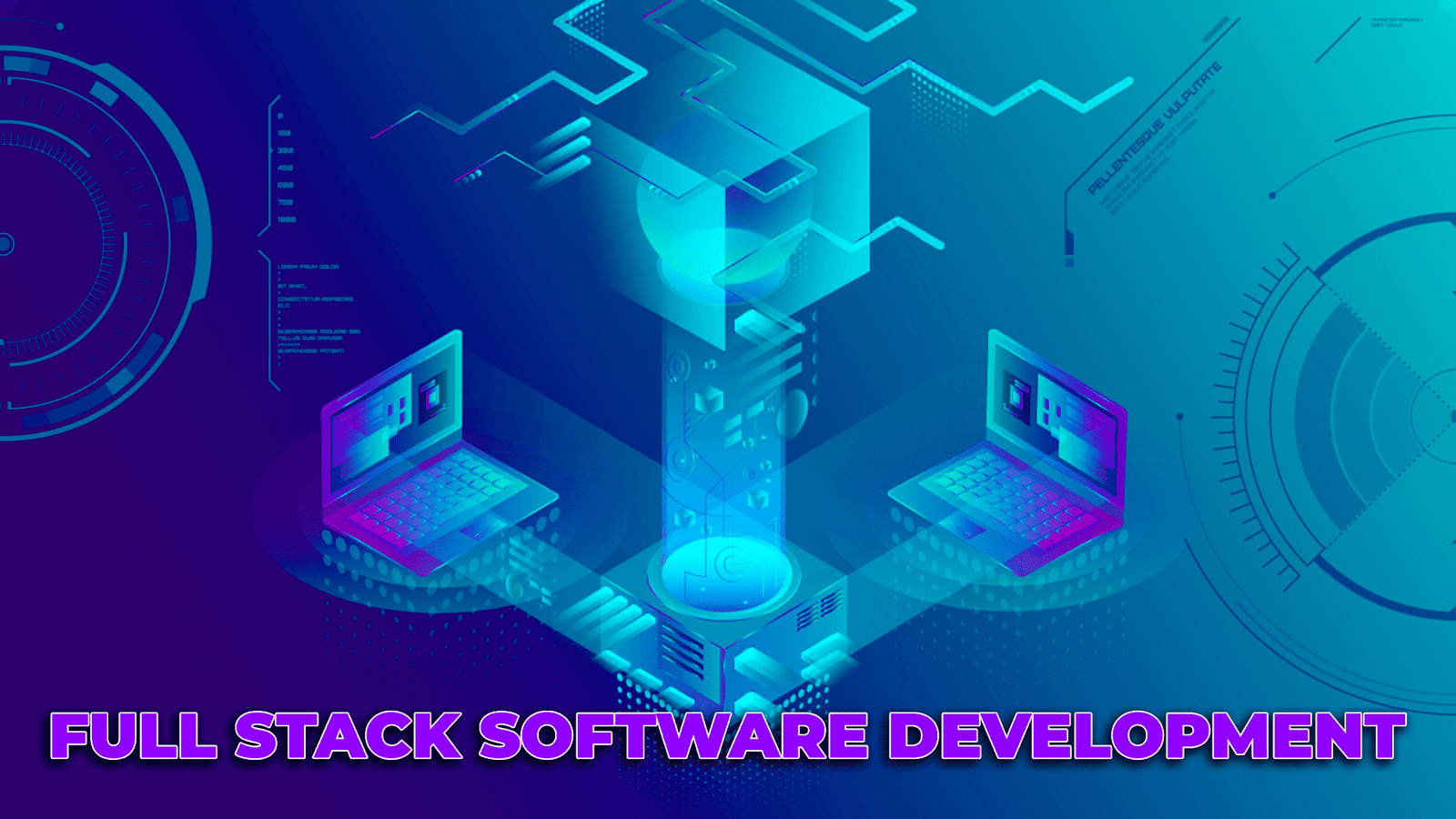Full-stack software development is the core of the IT sector in recent times. The advent of several tech stacks in the industry has certainly revolutionized the way the website development process is looked at. At the same time, it has created the atmosphere for a dilemmatic mindset amongst developers across the world.
Thus, it becomes important to closely examine each technology to deliver a dynamic website experience to the end-users. So, let’s have a detailed glance at some popular full-stack technologies that smoothen the website development journey.





